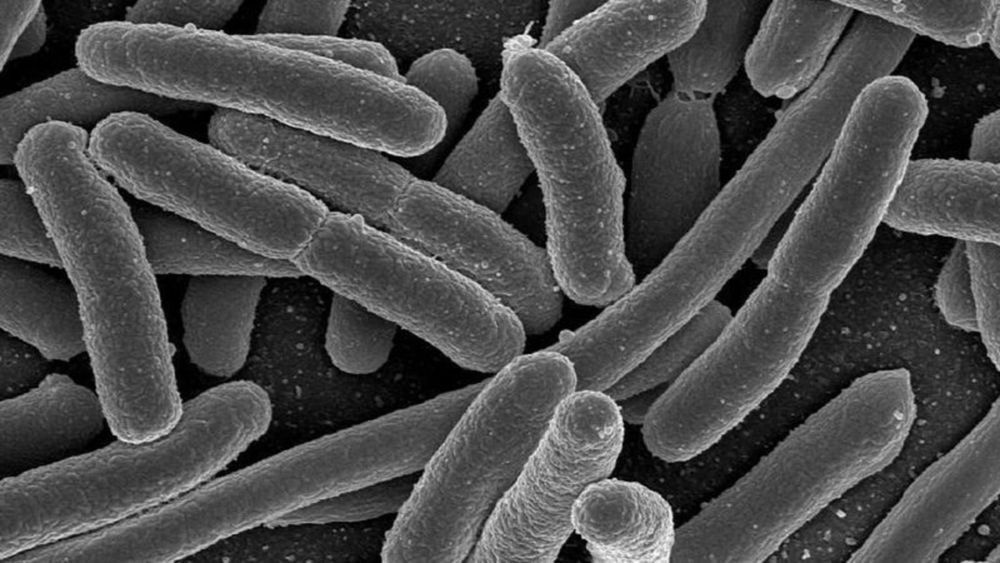Why avoid the cosmic void?



Since it was founded by notable rich people Bill Gates, Melinda Gates, and Warren Buffet in 2010, the Giving Pledge has attracted over 200 wealthy individuals from around the world who publicly commit to donate at least half of their money either during their lifetimes or in their wills. While signaling you’re about to disperse at least $18 billion is notable under any circumstances, MacKenzie’s announcement attracted particular attention in part because the Bezos fortune has been tightly held so far. Jeff, literally the richest person in the world, has committed far less to philanthropic efforts. Last year, he announced he would spend just $2 billion of his $150 billion fortune on charity.
Nearly two months after her divorce from Amazon CEO Jeff Bezos was finalized, MacKenzie Bezos has made a plan to be far more generous than she and her former husband were as a couple. When the pair split, she became one of the richest women in the world, with a fortune estimated to be worth more than $36 billion. Now she wants to start giving it away.
“I have a disproportionate amount of money to share,” MacKenzie, a novelist, wrote bluntly in an otherwise literary letter announcing her decision to join the Giving Pledge Tuesday. “My approach to philanthropy will continue to be thoughtful. It will take time and effort and care. But I won’t wait. And I will keep at it until the safe is empty.”
You’ve read your last complimentary article this month. To read the full article, SUBSCRIBE NOW. If you’re already a subscriber, please sign in and and verify your subscription.

“We joke that ‘The Martian’ would have been a much more boring movie,” said Justin Kugler, a vice president at Made In Space.
Fifty years after the first men walked on the moon, a new space race is underway, this one for a piece of what Wall Street analysts say could become a $1 trillion global space market. Around the world, companies such as Made In Space are launching — often literally — new products and services, building satellites to provide broadband internet, spaceships to take tourists on zero-gravity rendezvous, and mining equipment to extract minerals from asteroids.
On HoustonChronicle.com: Elon Musk injects ‘X’ factor into space quest with bold vision, mixed track record.

The newest results from the Human Microbiome Project have revealed just how connected the microbes in our gut are to our overall health.
You have about as many bacteria and other microbes living in your body as your own cells—and yet, we still don’t understand much about how this microbiome relates to bodily function. Back in 2007, the National Institutes of Health kicked off the Human Microbiome Project, a $200 million effort to understand these microbes. Scientists have now published the results from the second phase of this project, designed to study how the microbiome interacts with the human body. These three studies, which examine preterm birth, inflammatory bowel disease, and pre-diabetes, demonstrate that microbiomes are unique to individuals and intimately tied to our health.

This week, Pilgrim Nuclear Power Station will power down for the last time.
Over the next few years, workers will move the radioactive fuel into storage, dismantle the plant, and clean up the site. The process is called decommissioning, and a lot of people are worried about safety, cost and where the nuclear waste will finally end up.
The biggest source of radioactivity at Pilgrim is the plant’s fuel assemblies, which power the reactor. Entergy, the company that owns Pilgrim, says there are 580 fuel assemblies currently in the reactor, and another 2,378 used assemblies cooling off in the blue water of the plant’s spent fuel pool. That’s in addition to 1,156 stored outside the plant in huge containers.



Scientists at the University of Helsinki working in collaboration with the University of Oxford have deciphered for the first time how a virus genome is condensed inside the capsid of a virus.
“The motivation of the study was to increase our basic understanding of viral replication, but in the long term this may contribute to tackling viral disease,” says the director of the of the project, Associate Professor Juha Huiskonen from the Helsinki Institute of Life Science, HiLIFE.
The breakthrough results were achieved using cryogenic electron microscopy, a method that has in recent years revolutionised structural biology—a field of biology that aims to understand how molecules of life work at the atomic level.

We found that eating one cup of blueberries per day resulted in sustained improvements in vascular function and arterial stiffness—making enough of a difference to reduce the risk of cardiovascular disease by between 12 and 15 percent.
Eating a cup of blueberries a day reduces risk factors for cardiovascular disease—according to new research led by the University of East Anglia, in collaboration with colleagues from Harvard and across the UK.
New findings published today in the American Journal of Clinical Nutrition show that eating 150g of blueberries daily reduces the risk of cardiovascular disease by up to 15 percent.
The research team from UEA’s Department of Nutrition and Preventive Medicine, Norwich Medical School, say that blueberries and other berries should be included in dietary strategies to reduce the risk of cardiovascular disease—particularly among at risk groups.